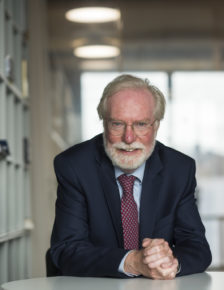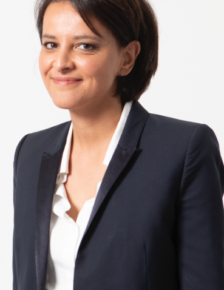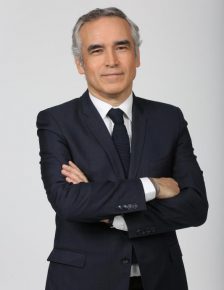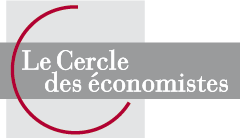Eradicating poverty
Overview
The performance of an economy is the result of its ability to guide production choices in a way that satisfies the consumption needs of everyone. But there is no guarantee that the market will allow those with little purchasing power to satisfy their needs. If we agree that an economy with less poverty is preferable, can we eradicate it completely?
This question, so simple at first glance, raises several others: Should poverty be defined in relative or absolute terms? Does poverty reflect bad individual or collective choices? In France, the action chosen reflects perceptions of the determinants of poverty: are the poor less likely to work? To take risks? To correct their past mistakes? Is the solution to make the RSA conditional on an activity? To concentrate our efforts on rebuilding security?
Successive crises call for effective action: how can we counter poverty that is increasing for some, even when the number of poor people remains constant? What can we do when poverty becomes entrenched over time, concentrating on certain socio-demographic groups and in certain territories? How can we lift the sceptre of precariousness and give people confidence in a world where poverty is no longer a possibility?
Speakers

-
Université d'Oxford

-
Blavatnik School of Government, Université d'Oxford



Coordinator

Moderator

Photo gallery


















